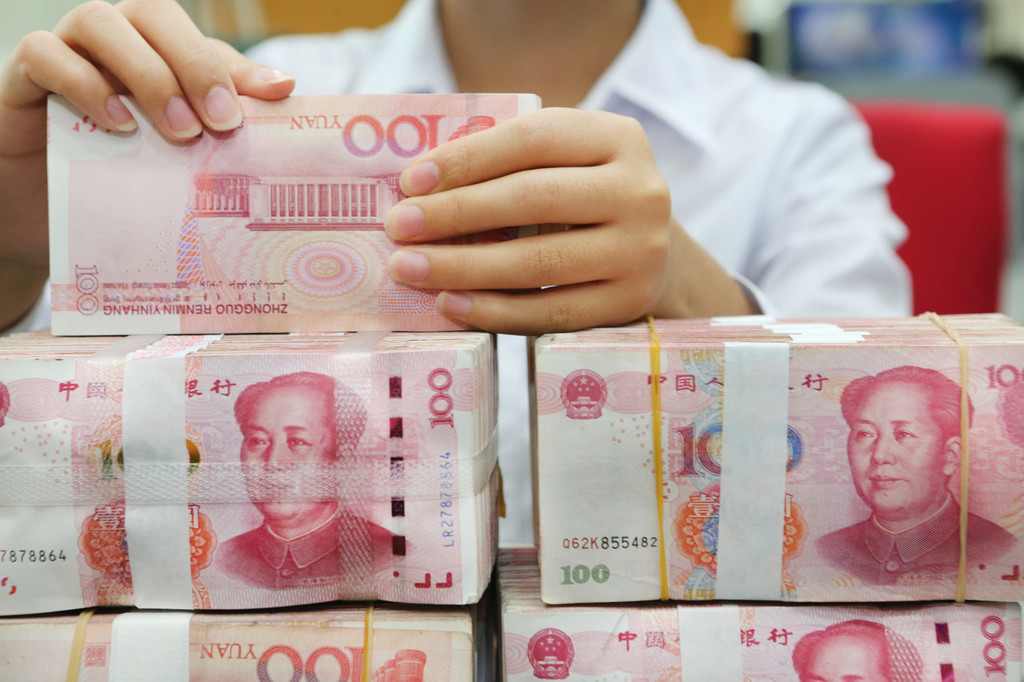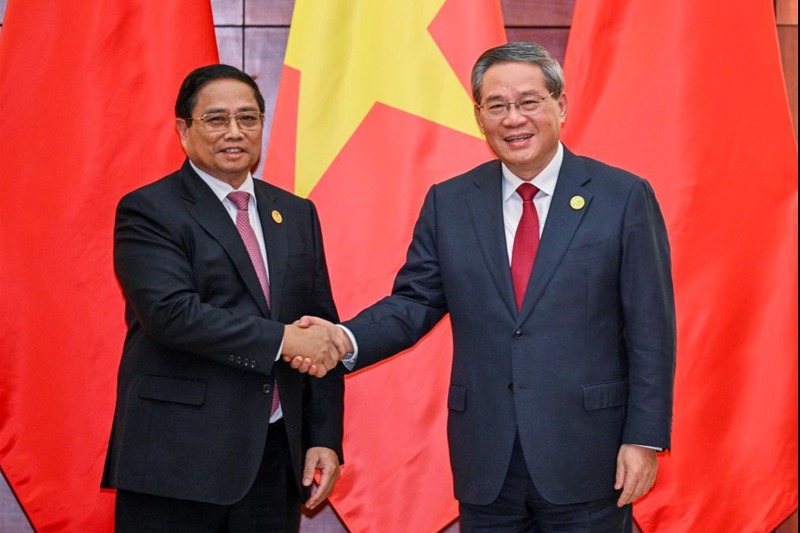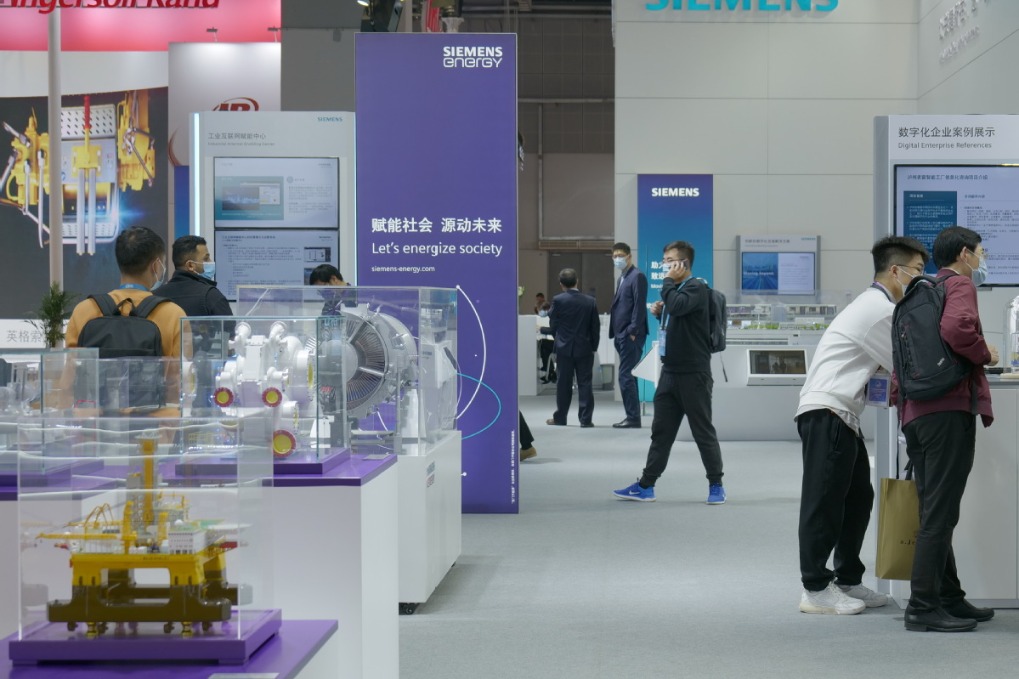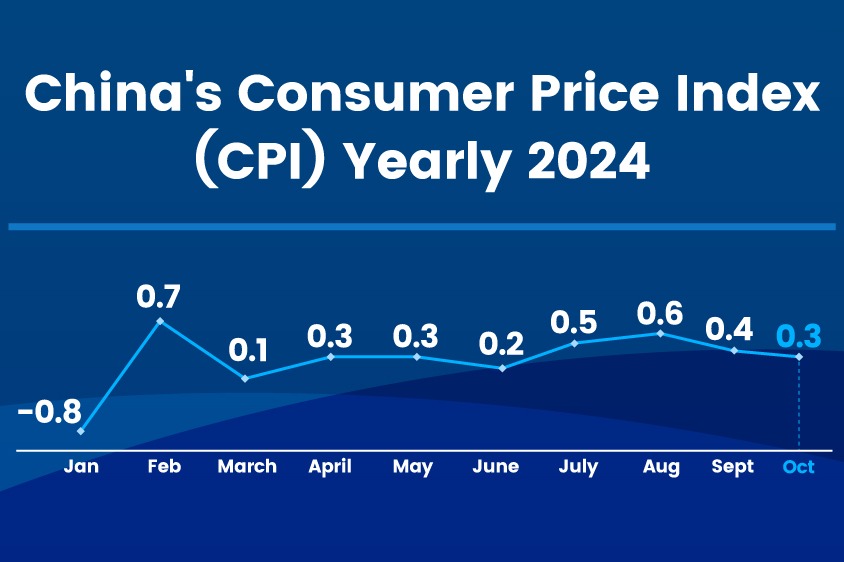Anti-Money Laundering Law updated


China will strengthen the monitoring of emerging money laundering risks and improve its financial regulatory system to further safeguard financial security, according to a newly amended law.
The revised Anti-Money Laundering Law was adopted by the Standing Committee of the National People's Congress, the country's top legislature, on Friday when it wrapped up its latest session.
"With the rapid development of our financial sector and the constant changes of the anti-money laundering situation, we've seen some new problems and challenges in this field," the NPC Standing Committee's Legislative Affairs Commission said in a statement.
"For instance, our anti-money laundering supervision and coordination are not smooth, the ability to monitor and prevent new risks is not strong, and the prevention and fight against illegal and criminal activities such as 'underground banking' are not sufficient," the commission said, adding that this was why the law was revised.
While supporting technological innovation in anti-money laundering work, the newly amended law also urges government departments tasked with anti-money laundering affairs to take prompt measures to monitor new types of money laundering risks related to emerging sectors and businesses.
The law allows government agencies to tighten anti-money laundering supervision, but it emphasizes that the measures should be taken while guaranteeing normal financial services and capital flows.
In addition, the law updates the definition of anti-money laundering in the new era, clarifying that it refers to actions taken to prevent and curb activities that disguise or conceal the origins and nature of criminal proceeds and their unlawful gains, as well as related criminal activities, including measures against terror funding.
Moreover, institutes offering anti-money laundering services and their staff are also required to properly handle data and content so as to ensure data security and privacy protection, according to the law that will take effect on Jan 1.
The commission said that the amended law will not only be conducive to maintaining order and preventing risks in the financial sector, but also help curb upstream crimes and enhance international cooperation against money laundering.
China has stepped up efforts to safeguard financial security over the past few years. Strengthening oversight in this sector and focusing more on preventing financial risks have been highlighted in the guiding principles of the 20th National Congress of the Communist Party of China.
On Friday, Chinese lawmakers also passed several other laws, such as a preschool education law, a revised Law on Protection of Cultural Relics, a revised Mineral Resources Law and an energy law.
The NPC Standing Committee has also decided to appoint Liu Wei as China's minister of transport, replacing Li Xiaopeng.
- China's top legislature concludes standing committee session
- China's legislature pushes for stronger oversight of local environmental, debt reports
- Draft law to ensure kids' privacy, safety
- China to strengthen privacy, protection of preschool children
- Chinese lawmakers to meet early next month to deliberate draft laws, reports




































